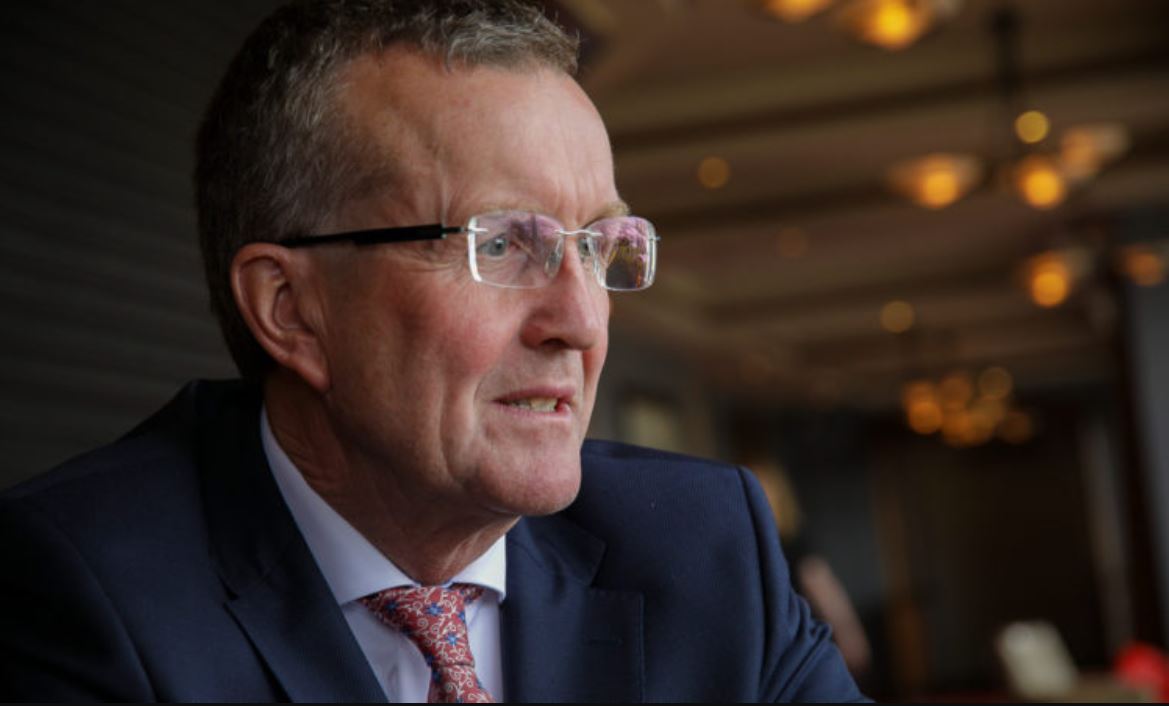Following the approval by cabinet of the Common Agricultural Policy Strategic Plan (CSP) yesterday (Tuesday, December 21), the Irish Farmers’ Association (IFA) has again highlighted its opposition to most of the CAP plan.
Speaking yesterday evening after the announcement, IFA president Tim Cullinan said the CSP – which will now be sent to the European Commission for approval – “does not strike the right balance between environmental, economic and social sustainability”.
“The plan will hit a cohort of our most productive farmers who will see a devastating cut in their basic payment. Many beef, sheep and tillage farmers who do not have off-farm income will find it very difficult to achieve viability,” Cullinan claimed.
“The CAP results in money being redistributed among farmers through convergence; the Complimentary Redistributive Income Support for Sustainability (CRISS); and eco-schemes.
“It is very complex and many farmers will be in for a big shock when they see the cut in their basic payment in 2023,” he argued.
According to Cullinan, Minister for Agriculture, Food and the Marine Charlie McConalogue should have put more funding into programmes to support beef, sheep and tillage farmers. The IFA president said that these sectors will need further national supports “if they are to survive as we know them”.
“The minister also decided to take 25% from each farmer’s basic payment to put towards new eco-schemes. While we would acknowledge his efforts to make these schemes more accessible, they will cost farmers money to participate in and are untested,” he added.
Cullinan argued that more of the eco-scheme funding should have been left as part of the basic payment, where farmers “still have to comply with good agricultural and environmental practices”.
“Overall, the plan will put more costs on farmers at a time when huge cost increases for energy, feed and fertiliser are already hitting them. The latest CAP shifts the emphasis away from supporting food production. This is very short-term thinking, given that the global population is due to increase from 7.5 billion to an estimated 10 billion by 2050,” Cullinan concluded.
